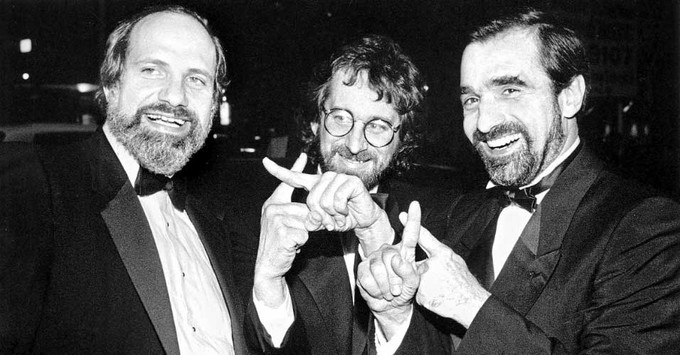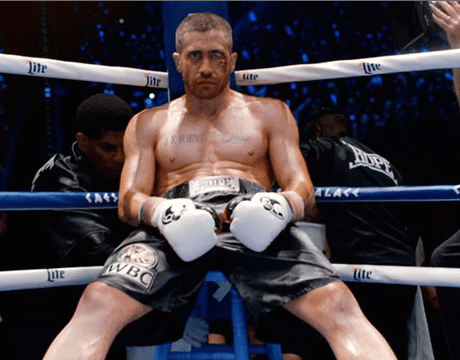
Screenwriter Diablo Cody made a big splash with the clever Juno, and showed real growth with the acid Young Adult. But that was a while ago. This trite stinker, in the mold of so many dramadies about the travails of rich families as they negotiate the perilous path of monied suburbia, is a massive step backwards.
Cody offers Ricki, a talentless front woman for a cover band who has come home to her estranged, affluent ex-husband and adult children after a long hiatus. She chews with her mouth open, says dirty words, and attends a family wedding.
But hey, it’s Meryl Streep, so we’re okay, right?
Right?
Wrong. Streep is just terrible, whether slumming as the hip cast-off or leading the worst bar band ever. She’s in-authentically grungy and gratuitously down-to-earth and when she visits her erstwhile family, led by the kind ex-husband (Kevin Kline), it is cringe-inducing, not because of the fish-out-of-water stuff (this is the kind of movie where the denizens of the tony enclave practically say, “Well, I never!”), but because there’s not a word of it that feels real. There is no way Streep’s character would even be a distant cousin to these people, much less the former matriarch.
Kline has, of course, remarried a protective earth mother type who raised the abandoned children while Ricki honed her craft covering Tom Petty. Others who Ricki abandoned include a nice son about to get married to the most stuck-up bitch imaginable; a fragile daughter who has had a breakdown because her marriage of three seconds failed (you’d think she’d been a captive of Boko Haram, so extreme is her distress); and a son straight out of gay central casting (he is furious because Ricki called his gayness a phase and voted for W . . . twice!)
All of which would be humdrum but bearable twaddle save for the fact that Ricki and her shit band play about 7 numbers in this picture, including a version of Wooly Boolie so bad we could have won the war on terror years ago had it been utilized at Guantanamo.
Worse, Ricki’s version of Springsteen’s My Love Will Not Let You Down starts more like a Quarterflash tune and ends with your head in a bucket.
After August: Osage County and this, I am not saying Streep is at that Pacino point, where she thinks she can just fart in a bottle and call it potpourri.
But she’s veering to the off ramp.
Least likely sentence I ever expected to write? Rick Springfield, who plays the lead guitarist for the Flash and Ricki’s love interest, deserved better.










